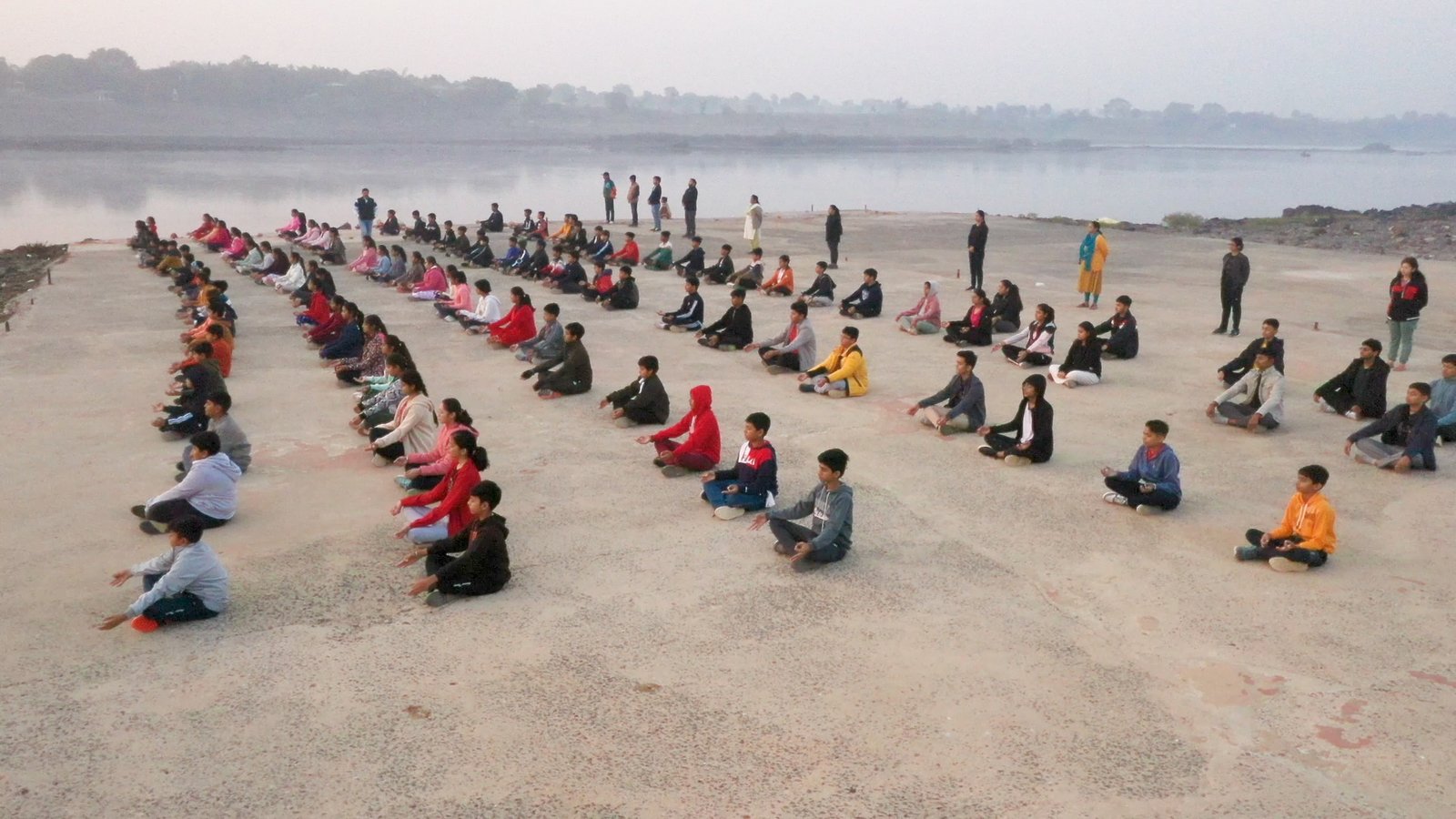
- Email thepalladianhousebarwaha@gmail.com
- Toll Free+917354733777


Innovation techniques in learning, especially when incorporated into play-based learning, can offer numerous benefits for students up to the 3rd grade level. Here are some key advantages:
Engagement: Play-based learning is inherently engaging for young children. By integrating innovative techniques into play activities, students are more likely to stay focused and motivated throughout the learning process. This engagement can lead to better retention of information.
Active Learning: Innovation techniques often encourage hands-on, experiential learning. This active participation allows students to interact with concepts in a meaningful way, leading to a deeper understanding of the material.
Creativity and Critical Thinking: Play-based learning encourages creativity and problem-solving skills. By incorporating innovative techniques, such as gamification or interactive technology, students are challenged to think critically and come up with unique solutions to problems.
Social Skills Development: Many innovation techniques involve collaborative activities, which can help students develop essential social skills such as communication, teamwork, and conflict resolution. These skills are crucial for success both inside and outside the classroom.
Personalized Learning: Innovative techniques often allow for a more personalized approach to learning, as they can adapt to individual student needs and interests. This customization ensures that each student receives the support and challenges necessary for their academic growth.
Long-term Interest in Learning: By making learning enjoyable and engaging, innovation techniques foster a positive attitude towards education. Students are more likely to develop a lifelong love of learning when they associate it with fun and excitement.
In the context of The Palladian House Barwaha, an ICSE school, integrating innovation techniques into play-based learning can align with the school's curriculum while also promoting holistic development in students. It's important for educators to continuously explore and implement new and creative ways to enhance the learning experience for young children, ensuring that they are well-prepared for future academic challenges.